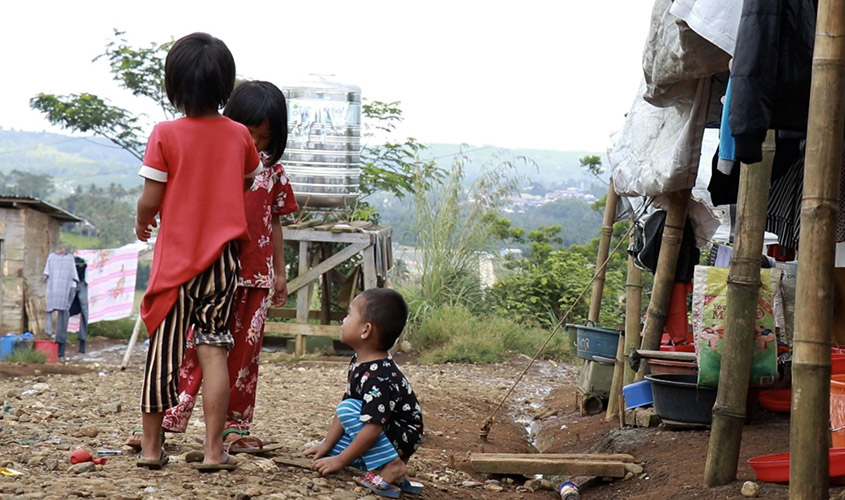No real Marawi liberation to speak of
A statement by the Marawi Reconstruction Conflict Watch on the third commemoration of the liberation of Marawi.

We are the Marawi Reconstruction Conflict Watch. We formed ourselves as an autonomous monitoring group three years ago to help our people ensure that the reconstruction and redevelopment of Marawi is inclusive, context-responsive, and sustainable. Our aim was not to condemn nor denounce, but to genuinely help out and lobby the government to address salient issues that fuel anger, frustration, and potentially, violence among our people.
It has been three years since the government declared our city liberated, but there is no real liberation to speak of. Most of us have not been allowed to return to our homes and rebuild our lives. There has been no compensation for the damages to our personal properties. Thousands of us remain in shelters and housing projects in dire conditions, with sanitation and the supply of basic utilities wanting.
Even if some have benefited from what has been achieved so far, the majority of our people haven’t. The sad fact remains that progress is slow, funds are lacking, and implementation could be improved. We are fractured, and restoring relationships is difficult when we cannot even meet our basic needs adequately. This continues to fuel despair and frustration that threaten the fragile peace in our communities. Tensions rise over land and property rights as reconstruction activities start. These may worsen existing identity-related conflict and may trigger violent flashpoints and a stringing of conflict – a situation ripe for the resurgence of violent extremism, the thing that the government declared we have been liberated from.
We have been involved in many government legislative and executive processes as resource persons. We have surfaced these issues and lobbied for our people. We have closely watched.
On the eve of the third anniversary of the so-called liberation of Marawi, the House of Representatives approved on third and final reading the proposed ₱4.056-trillion national budget for 2021 (House Bill No. 7727 or the 2021 General Appropriations Bill) as the government urged for the “rebound, reset and recovery” from the adverse impact of COVID-19.
But what about the displaced families and entire communities in Marawi who continue to live in shelters, shouldering the heavy burden and constant risk of virus infection and the stigma of being Muslims, of being displaced, and worse, of being associated with terrorists? Recent data from the Provincial Inter-agency Task Force showed that the province of Lanao del Sur has logged a total of 697 confirmed COVID-19 cases as of September 30 of which 354 (50%) are from Marawi. Moreover, 111 (72%) of the 153 active cases are from the city. The impact of the COVID-19 pandemic adds another layer to our hardship and suffering and reinforce existing vulnerabilities, threats, and risks.
As of August 2020, the government has only released ₱22.2 billion for the rehabilitation of Marawi. This is barely half of the total funding requirement of the project which stands at ₱60.5 billion. The dismal amount on top of issues on disbursement and absorptive capacity in the past paint a bleak picture for us all. With only 16 months left until the 2021 year-end deadline of completing reconstruction projects, can the Duterte administration still deliver its promise that Marawi will rise as a prosperous and peaceful city again?
Three years have passed and it has become clearer that we have not been truly liberated.
Our International Alert Philippines programme serves as the secretariat to the MRCW.



